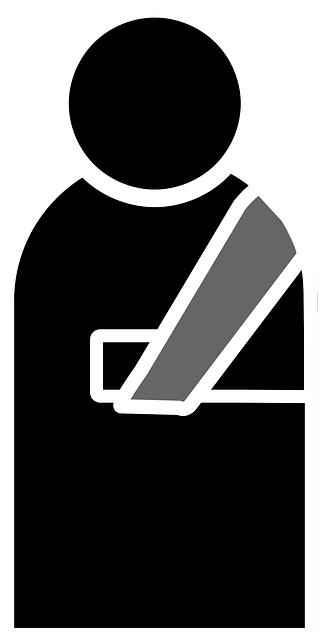Personal injury law protects individuals harmed by another party's actions, aiming to deliver justice and compensation for physical, emotional, and financial losses. It assists drivers, pedestrians, assault victims, and workers, holding liable parties accountable. Common claims include car accidents and premises liability, where victims file against at-fault parties or their insurance, providing evidence of liability and damages. Lawyers play a crucial role, guiding clients through legal complexities, gathering evidence, negotiating settlements, and representing in trials. When choosing an attorney, prioritize those specializing in personal injury law with proven success, effective communication, and prompt responsiveness.
Personal injury law protects individuals harmed by another’s negligence or intentional actions. This article provides a comprehensive guide to navigating this complex legal landscape, empowering you to understand your rights and seek justice. We explore common types of personal injury claims, from car accidents to medical malpractice, delving into the legal process each entails. Learn about the crucial role lawyers play in advocating for victims, and discover key considerations when choosing an attorney for your unique case.
- Understanding Personal Injury Law: What It Covers and Who It Helps
- Common Types of Personal Injury Claims and Their Legal Process
- The Role of Lawyers in Navigating Personal Injury Lawsuits
- How to Choose the Right Attorney for Your Personal Injury Case
Understanding Personal Injury Law: What It Covers and Who It Helps

Personal injury law encompasses a range of legal protections for individuals who have suffered harm due to another party’s negligence or intentional actions. It covers various incidents, from car accidents and slip-and-falls to medical malpractice and workplace injuries. The primary goal is to ensure justice and compensation for victims, enabling them to seek fair reimbursement for their physical, emotional, and financial losses.
This legal field assists a diverse group of individuals, including drivers involved in collisions, pedestrians struck by vehicles, victims of assault or abuse, and workers injured on the job. By holding liable parties accountable for their actions, personal injury law helps restore a sense of security and stability for those affected by unforeseen circumstances, empowering them to navigate the legal process with support and compensation tailored to their unique situations.
Common Types of Personal Injury Claims and Their Legal Process

Personal injury claims can arise from a variety of incidents, each with its own distinct legal process. One of the most common types is personal injury law involving motor vehicle accidents, where individuals seek compensation for injuries sustained in car crashes. The legal process starts with filing a claim against the at-fault driver or their insurance company, often through a personal injury lawsuit. This involves gathering evidence such as medical records and police reports to establish liability and damages.
Another prevalent category is premises liability, which deals with accidents occurring on someone else’s property due to unsafe conditions. This could range from tripping over a loose rug in a store to slipping on ice at a public park. In these cases, the victim must prove that the property owner had actual or constructive knowledge of the hazard and failed to address it reasonably. The legal process involves notification of the claim, investigation, negotiation for settlement, or proceeding with a trial if an agreement can’t be reached.
The Role of Lawyers in Navigating Personal Injury Lawsuits

In personal injury lawsuits, lawyers play a pivotal role in navigating complex legal landscapes and ensuring justice for their clients. They possess an in-depth understanding of personal injury law, enabling them to guide individuals through every step of the legal process. From filing initial claims to representing clients in court, lawyers advocate for victims’ rights and help them secure fair compensation.
These legal professionals are equipped with extensive knowledge of relevant laws, regulations, and precedents, which they use to build strong cases. They gather evidence, interview witnesses, and draft legal documents tailored to each client’s unique circumstances. Moreover, they provide crucial support during negotiations with insurance companies, ensuring their clients receive the maximum settlement possible or, if necessary, effectively represent them in trials.
How to Choose the Right Attorney for Your Personal Injury Case

When choosing an attorney for your personal injury case, it’s crucial to select someone with extensive experience in personal injury law. Look for lawyers who specialize in this area and have a proven track record of successful settlements or verdicts. Their expertise ensures they understand complex legal procedures, know how to navigate insurance companies, and can advocate effectively on your behalf.
Consider also the attorney’s communication style and accessibility. You want a lawyer who is responsive, keeps you informed throughout the process, and explains things clearly. A good personal injury attorney will empower you with knowledge, ensuring you understand your rights and options. They should be easy to reach via phone or email and promptly return your messages.
Personal injury law plays a crucial role in compensating individuals affected by accidents and harm. By understanding what it covers, navigating the legal process, and choosing the right attorney, victims can ensure they receive fair compensation for their suffering. This article has provided an overview of common types of claims, the involvement of lawyers, and essential tips for selecting legal representation, empowering you to take informed steps after a personal injury.
